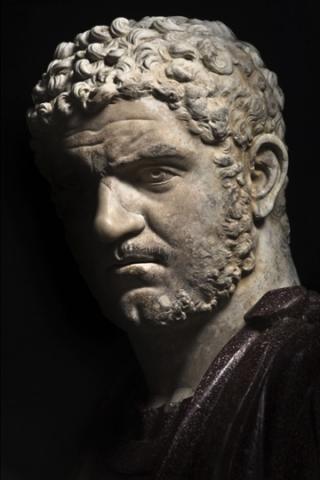12 XII: Michael A. Speidel (UW) Death in the Desert. Assassins and Protectors in Caracalla’s imperial retinue

Abstract
On 8. April 217, during his expeditio felicissima orientalis, the Roman emperor Caracalla (211 – 217 AD) left the town of Edessa in northern Mesopotamia (modern Şanlıurfa) to visit a nearby sanctuary. A military escort of elite horse guards, select officers and high-ranking equestrian commanders rode with him. Yet, Caracalla would never arrive. He was assassinated halfway there, in the midst of his protectores while alleviating himself. This episode, transmitted in the Historia Augusta’s ‘Life of Caracalla’ is the first incident in the surviving literary sources to mention protectores as a term for certain members of the imperial retinue.
Despite their colossal blunder during their first appearance in Roman literature, protectores diuini lateris Augusti, remarkably, continued to play a role of ever increasing importance in the emperor’s entourage from the 3rd c. to the 6th c. AD. Their evolution not only illustrates the deep structural changes which the Roman army underwent during Late Antiquity, but it also sheds much light on the importance of their privileged relationship with the emperor, who was at the same time general in chief and responsible for the social and symbolic order of the Late Roman world. According to official views, those with protectoria dignitas, both on the battlefield and at the imperial court, were therefore part of an earthly order of dignities reflecting the heavenly hierarchy.
The early history of the protectores Augusti, however, remains obscure, and confused. Current hypotheses insist that the name of Caracalla’s new and ineffective bodyguard was awarded as a honorific title to higher-ranking officers by Gallienus (253 – 268 AD) and later emperors. This paper will therefore focus on the obscure beginnings of the protectores in the period of the Severan emperors, discuss documents that are rarely studied in this context, and offer a new hypothesis for the origins of the protectores Augusti.
